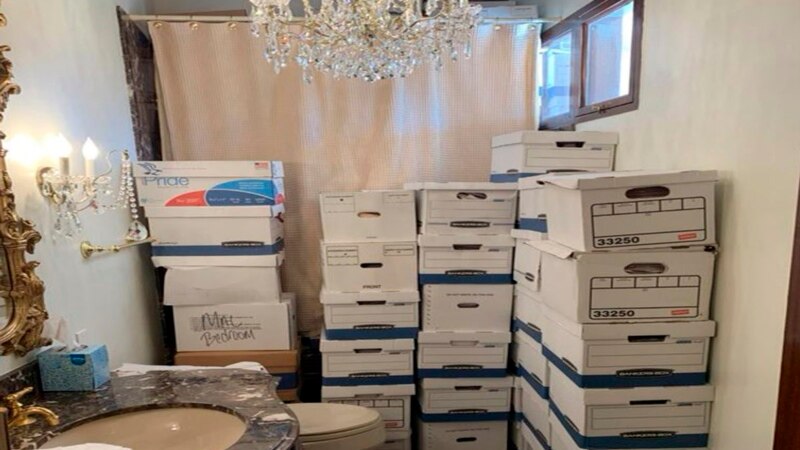A federal judge on Thursday rejected Donald Trump’s argument that the case accusing the former U.S. president of illegally holding onto classified documents should be thrown out based on his argument that they were his personal records rather than government property.
Florida-based U.S. District Judge Aileen Cannon ruled against a motion by Trump’s lawyers to have the case dismissed in her latest decision to allow the case, one of four criminal indictments against him, to continue.
Trump had argued that his retention of highly sensitive documents at his Mar-a-Lago estate in Florida after leaving office in 2021 was authorized under a U.S. law that lets former presidents keep personal records unrelated to their official responsibilities.
Prosecutors in the case brought by Special Counsel Jack Smith have said the documents relate to U.S. military and intelligence matters, including details about the American nuclear program, and could not be construed as personal.
Cannon had expressed skepticism at a March 14 court hearing that the case should be dismissed based on Trump’s argument but said at that time that it may have “some force” as a defense at trial. The judge on March 18 then directed the prosecution and defense to propose jury instructions based on two legal scenarios assuming Trump’s argument would play a role at trial.
Smith pushed back at that order, which prosecutors argued was based on a flawed premise that the presidential records law is relevant to whether Trump was authorized to keep classified documents.
Cannon, who was nominated to the bench by Trump, responded to that criticism on Thursday, saying her prior order was a “genuine attempt, in the context of the upcoming trial, to better understand the parties’ competing positions.”
The judge spurned Smith’s demand that she quickly decide whether the personal documents claim will be relevant to the trial, saying deciding at this stage would be “unprecedented and unjust.” Smith has said prosecutors would need time to appeal any such ruling.
Trump has pleaded not guilty to 40 federal counts accusing him of illegally retaining sensitive documents and obstructing U.S. government efforts to retrieve them. Trump discussed with his lawyers the possibility of lying to investigators and concealed boxes of records after the government demanded their return, according to the indictment.
Trump was not authorized to keep secret information related to U.S. national security after leaving the White House even if he viewed the records as personal, according to prosecutors.
Cannon previously rejected Trump’s bid to throw out the central charge against him — violating a portion of a federal law called the Espionage Act concerning willful retention of national security records — based on claims that the charge was improperly vague.
Trump, who has called all four criminal indictments against him politically motivated, still has several pending challenges to the documents case, including arguments that he has presidential immunity from prosecution and that he was selectively targeted by prosecutors.
A trial is currently scheduled for May 20, but both sides have acknowledged it will be delayed. Cannon has not yet ruled on competing proposals for a new schedule.

